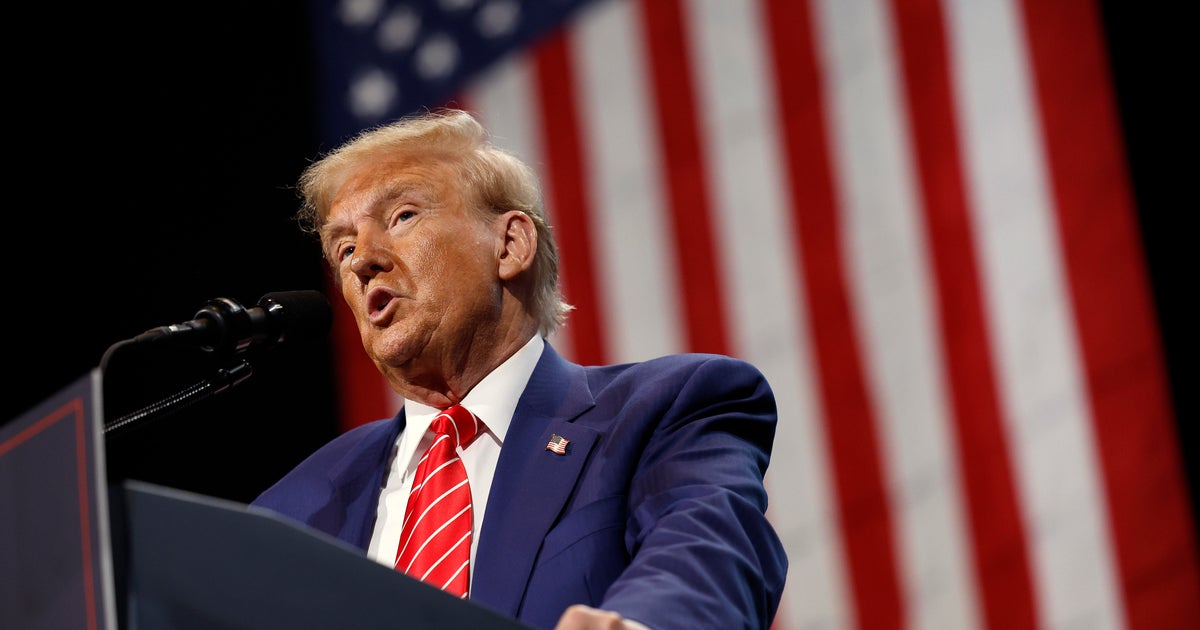
Judge in Trump 2020 election interference case rules records, evidence to be unsealed Friday
CBSN
Judge Tanya Chutkan on Thursday denied former President Donald Trump's request to delay until after the election the unsealing of court records and exhibits in the 2020 election interference case and said the court would release evidence submitted by the government on Friday.
In her five-page order, Chutkan said there was a presumption that there should be public access to "all facets of criminal court proceedings" and that Trump, in claiming the material should remain under seal, did not submit arguments relevant to any of the factors that would be considerations. Instead, Trump's lawyers argued that keeping it under seal for another month "will serve other interests," Chutkan wrote. "Ultimately, none of those arguments are persuasive."
She had been tasked with deciding whether the appendix and brief submitted by special counsel Jack Smith earlier this month should be made available to the public, but with certain information kept secret. Chutkan allowed the brief to be made public last week, though it included redactions of names of alleged co-conspirators, campaign staff and White House officials, as well as certain references to grand jury proceedings.

A military dog is being hailed as a hero in Colombia after detecting a bomb planted by guerrilla fighters that exploded during a military operation, authorities said, adding that the wounded canine's actions saved the lives of dozens of soldiers and civilians. The incident was announced just two days after a bomb strapped to a donkey exploded in the same area, killing one soldier and wounding two others.

European markets mostly fell Monday as investors digested President Trump's latest trade war salvos, which saw him threaten to hit the European Union and Mexico with 30% tariffs starting on August 1. Mr. Trump's threat came after a series of announcements last week that included warnings of a possible 50% levy on all copper imports and all goods from Brazil, 35% levies on Canadian goods, and a possible 200% tariff on imported pharmaceuticals.

Emergency crews were forced to suspend search operations in Kerr County, Texas, on Sunday, as the area hit hardest by catastrophic flash flooding earlier this month faced a renewed flood threat. Officials in Texas' rural and flood-prone Hill Country have said at least 161 people from the area remain missing in the aftermath of destructive July 4 storms that caused the Guadalupe River to overflow, and efforts to find them are ongoing.

Barbara Rae-Venter, a 76-year-old patent attorney living in Marina, California, thought she'd spend her retirement leisurely playing tennis, traveling, and indulging in her favorite pastime: researching her ancestry and building a family tree. It didn't quite work out that way. For Rae-Venter, something she started as a hobby led to capturing one of the most notorious criminals in California.





















 Run 3 Space | Play Space Running Game
Run 3 Space | Play Space Running Game Traffic Jam 3D | Online Racing Game
Traffic Jam 3D | Online Racing Game Duck Hunt | Play Old Classic Game
Duck Hunt | Play Old Classic Game







